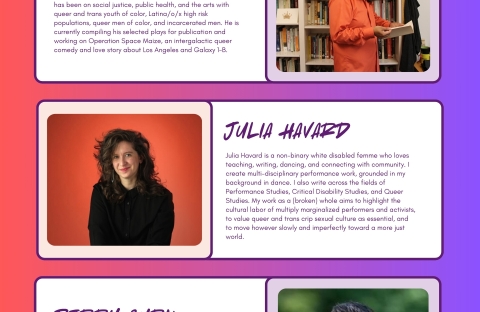Nadeen Spence and Joanne N. Smith are both advocates for the rights of women and girls, but Spence is from Jamaica, Smith a first-generation Haitian from New York. On Monday at Perry World House (PWH), Penn’s global policy research and engagement hub, they told chillingly similar stories of girls who were sexually abused by clergy, only to have the church and their communities turn their backs to the crime.
“There was no attempt to hold the pastor accountable,” said Spence, who is the founder of the I’m Glad I’m a Girl Foundation and the manager of a residence hall at the University of the West Indies, Mona.
The organization Smith founded and leads, Girls for Gender Equity, was contacted by the family of the assaulted girl, to ask for help putting pressure on the church.
“She doesn’t care where the allyship comes from. She needs us out there to support her,” Smith said. “This community response of ‘we’re going to wrap our arms around you and work this out together,’ that’s what allyship looks like.”
In the #MeToo age, these kinds of stories echo across generations and national borders. Yet, as with so many other issues, the effort to fight sexual assault and harassment exposes key differences, too.
That’s why Smith and Spence were on the PWH stage, with two other activists and moderator Deborah A. Thomas, the R. Jean Brownlee Professor of Anthropology at Penn.
“Grassroots Organizing in the Era of #MeToo” was in held in honor of International Women’s Day, which was March 8, as well as a nod to March as Women’s History Month. Along with PWH, the event was sponsored by the Alice Paul Center for Research on Gender, Sexuality, and Women; the Penn Women’s Center; the Ortner Center on Violence and Abuse in Relationships; and the Latin American and Latino Studies Program.
Read the full story in PennToday

 The Program in Gender, Sexuality, and Women’s Studies
The Program in Gender, Sexuality, and Women’s Studies

